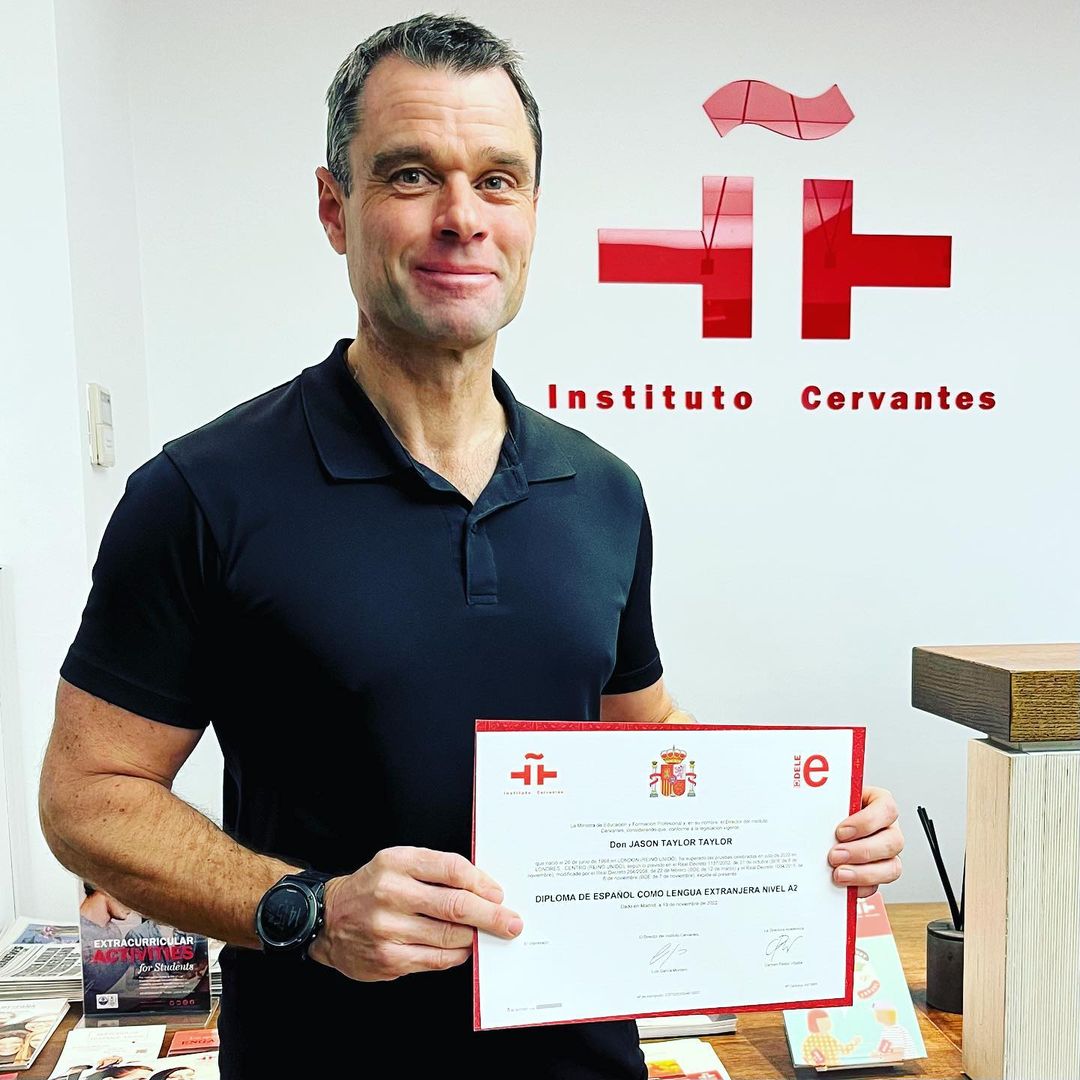Modern life is relentless, isn’t it? Rain or shine, I’m out and about as a freelance fitness trainer and running coach. My army reservist role means a frequent trek across town to the base in North London. And weekends often find me testing my energy and military skills in some distant places. You might think there’s little room for anything else.
But three years ago I found time to start a new journey. Looking back, it’s changed my life – and my mind. Perhaps the story will inspire you to try something similar.
My journey pulled me into learning the beautiful language of Spanish. As the second most popular language in the world by native speakers, it’s a good choice for a novice. With 485m speakers, even a language-shy Brit like me can find someone to practise with. I’ve always been interested in personal development, but what possessed me to give it a go?
At the time, my father was living in Havana, the capital of Cuba. I’d also made a number of trips to Argentina, and was drawn to the local people and their culture. Something told me I was missing out by not knowing their language, their songs, their literature.
Step by step I walked into a world I’d never seen coming. It’s literally changed my mind, as all the research into language-learning shows us. I’m more confident, a better listener, a better communicator. Given that most of my work is 1:1, that’s priceless. I think my memory is also sharper, as my brain has to work hard to recall new, unfamiliar words.
During the pandemic I was able to study with a teacher I’d met in Buenos Aires, Maria Trubba. Maria is a former international tango dancer and teacher. Luckily for her sanity we’ve focused on Spanish, with two lessons a week for the last three years. (How on earth did we manage in a world before Zoom?) My interest in fitness led me to a fellow porteño, Gustavo Barrios. A boxing trainer, Gustavo is one of the best in Argentina. Each week we meet online to practise both my Spanish and my footwork.
Studying and practising is hard. I’ve learned not to dwell on small mistakes, and to enjoy the process. Being relaxed is important, as is not taking it too seriously. All languages have banana skins you’ll slip on, so you have to get comfortable laughing at yourself. As all my clients and colleagues know, consistency always pays off. My training and military background have helped me stay disciplined.
During my last trip to Buenos Aires I hosted a 75-minute fitness training workshop with a martial arts instructor. With a little help, I covered most of the session in Spanish. It was a memorable, uplifting experience. Not bad for someone who couldn’t speak a word of the language five years ago.
Enjoying the benefits
I use Spanish every day now. I have many friends here in London and overseas who are Spanish speakers, so I take every opportunity to speak, listen, read and write. I’ve learned that my journey hasn’t just been about knowing how to speak in another tongue. Like the physical workouts for my body, I’m challenging my brain to make it stronger, smarter, and more flexible. The research on languages tells us that:
- I’m creating and strengthening neural pathways. This is called neuroplasticity, where the brain changes based on new experiences.
- I’m boosting my memory with new grammar, words, and getting them in the right order (eventually)
- I’m solving puzzles – it’s tough to understand what others are saying, then figuring out a sensible reply
- I’m getting better at handling different tasks at once, plate-juggling English and Spanish without mixing them up
Sometimes it’s nice to check progress. So last year I jumped in and took my first language exams in nearly 40 years, at London’s Instituto Cervantes. I feared the oral exam, which lasted for 20 minutes with two examiners. It was intense but I passed and am now at the intermediate level. Next step is the ‘B2 Dele’ level. Passing it would mean my Spanish is ‘proficient’.
It’s going to be a long time before anyone mistakes me for a local in downtown Buenos Aires. But I’m here for the journey.
Find out more:
Not everyone is lucky enough to find such great teachers as Maria and Gustavo. But if you’re interested in learning a language, here are some tools and ideas to get started:
- Enjoy podcasts like this one from Duolingo
- Search for a personal language tutor using Preply
- Try language-learning apps like Duolingo, Memrise, and Babbel. These use games to make learning less formal and more fun.
- Use TV platforms like Netflix to watch foreign-language movies or shows with subtitles.
- Go to websites like FluentU, which use real-world videos such as movie trailers and inspiring talks
- Be brave and find a language exchange Meetup where you can practise


